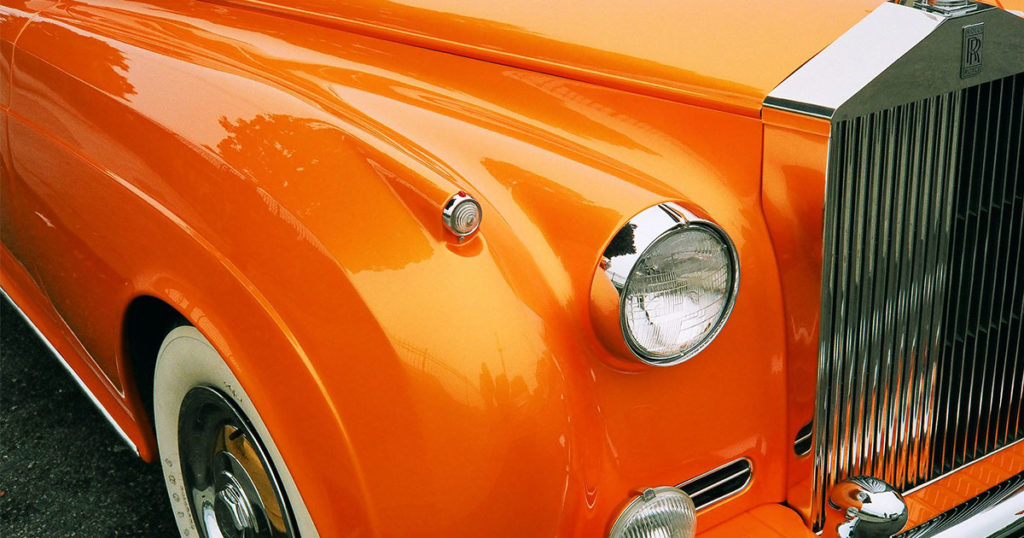
Would she get the vaccine, I’d asked an adult student back in October, when a vaccine in the near future still looked like wishful thinking. No, no, no, she said, emphatically. She used to own a natural foods store, and now she worked in a pharmacy. With her experience in the worlds of both natural and mainstream medicine, I considered her a good source, and I agreed: no vaccine, of course not, let someone else be the guinea pig. Besides, we were neither of us old enough to be motivated by excessive anxiety for ourselves. I did fear for my parents, back in the States, however, and when they were vaccinated in the early winter, my dad and stepmother with the Pfizer vaccine and my mother with the Moderna, it wasn’t long-term effects or immediate side effects that I thought about, but that they were much safer. I was relieved.
In Spain, when vaccines arrived, the first people to receive them were, as just about everywhere, health workers. Then other necessary workers. By the time a vaccine was available in Asturias for such necessary workers as pharmacists and their assistants, the AstraZeneca was the vaccine offered. Does it matter which you get, I asked my student. According to her, the Moderna and Pfizer are the classy ones, the Rolls-Royces of vaccines. The AstraZeneca is a SEAT, for the commoner. Having come around on the question of vaccines, she had been vaccinated along with her co-workers. Over the next couple of months, everyone I talked to who was getting vaccinated seemed to be getting the SEAT, including my brother in Madrid, who got his first shot in April.
But even as the AstraZeneca vaccine was being dispensed, questions were arising about its safety. Blood clots were the concern. “More people die from taking aspirin than from the vaccine!” we heard and then repeated, to calm worries. And yet worries persisted, and the AstraZeneca was ruled out as being too risky for the young and the old. The cut-off ages were repeatedly modified. As more cases of side effects occurred, a panel of EC doctors met in the early spring, and they recommended suspending its use entirely. Yet other groups argued that the dangers from Covid were greater than from the vaccine, and the vaccine was again administered, but to an even more restricted age group. I was relieved when I seemed to fall outside the groups it was okayed for. Phew. And yet I kept getting reports from acquaintances that they’d had the AstraZeneca. Who exactly was eligible and who was not was guesswork. My boss went for his vaccination and came away without asking which vaccine he’d had, reasoning he’d have taken whatever they offered. Of course: if those SEATs keep coming off the production line, they must be used. Meanwhile, where is a Rolls when you want one?
When I got a call on a Friday morning in early May, I no longer knew what I thought. I was grateful that the call was from an automated system and that I could not question or argue or dither, just mark 1 for yes or 2 for no. I marked 1, and thus I signed up to receive the vaccine the next day. If I were going to worry, now was the time, and so I worried. I wanted the Pfizer or the Moderna. A friend’s mother had gotten the Pfizer, so why not me? But I suspected I’d be getting the AstraZeneca, just like everyone else I’d talked to. Would that be such a bad thing? Though I still didn’t want a vaccine, I’d come to see getting one as necessary, but maybe not this one. I was like the bather in a cartoon I’d seen, being swept along in a fast-flowing river. On shore someone holds up a lifesaver labeled AstraZeneca to toss to him. “No thanks! I’ll wait for the next!” he calls out, the Covid waterfall looming large just around the bend.
The day my vaccine call came I just happened to be reading about the difference between how the Pfizer and Moderna vaccines work, and how the AstraZeneca does. By the next morning I’d had a reversal. Much better to have the old standard vaccine construction of the AstraZeneca than the brand new, never-before-used type. What am I, a guinea pig? I was glad to get what everybody else so calmly, so cheerfully, received. And off I went that morning, whereupon, lining up with the milling crowds to receive my vaccination, I learned it was to be the Pfizer.
So I got my Rolls after all, though I didn’t care anymore. To a guinea pig, a Rolls is no easier or harder to manage than any other vehicle. I felt a bit light-headed on leaving after my jab. What kind of world is this that I go skidding along through, alert and anxious, paws on the wheel of a Rolls, with just the handiwork of some engineers between me and destruction? Cartoonish? My second jab was the last weekend of May, and I was so used to my Rolls by then I forgot to be worried, grateful, or even full of wonder. It’s just a Rolls.

